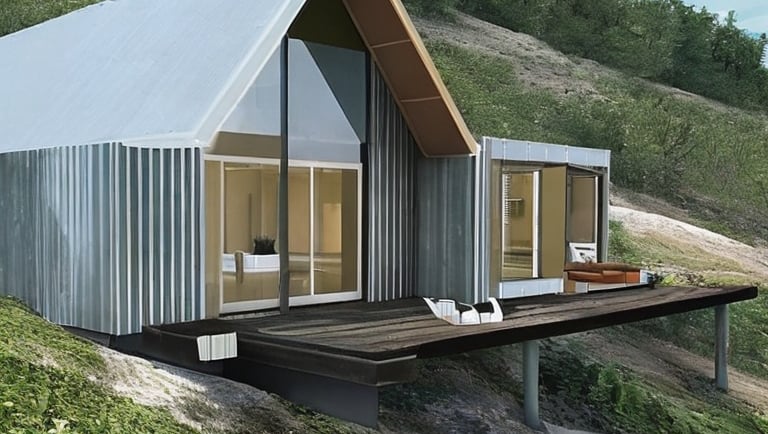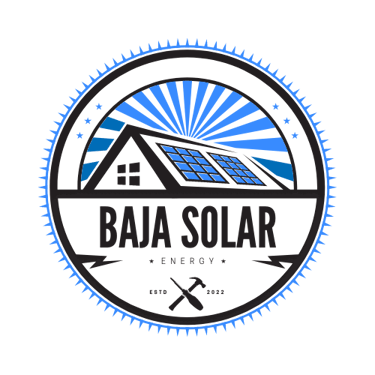Off-Grid Homes: The Future of Sustainable Living
Learn about the benefits and challenges of living in an off-grid home. Discover how to choose a location, design your home, and maintain your off-grid lifestyle.


Off-Grid Homes: The Future of Sustainable Living
In recent years, there has been a growing interest in off-grid homes. These homes are not connected to the traditional power grid, and instead rely on renewable energy sources such as solar and wind power. There are many reasons why people are choosing to live off-grid, including the desire for a more sustainable lifestyle, the need for greater independence, and the peace and quiet that comes with living away from the hustle and bustle of city life.
Benefits of Living in an Off-Grid Home
There are many benefits to living in an off-grid home, including:
Sustainability: Off-grid homes are much more sustainable than traditional homes, as they do not rely on fossil fuels. This can help to reduce your carbon footprint and save you money on your energy bills.
Independence: Off-grid homes give you the freedom to live off the grid, which can be a great way to escape the hustle and bustle of city life.
Peace and quiet: Off-grid homes are often located in quiet, peaceful areas, which can be a great way to relax and de-stress.
Challenges of Living in an Off-Grid Home
There are also a few challenges to living in an off-grid home, including:
Cost: Off-grid homes can be more expensive to build than traditional homes.
Maintenance: Off-grid homes require more maintenance than traditional homes, as you will need to regularly check and maintain your solar panels, wind turbines, and other equipment.
Backup plan: It is important to have a backup plan in case of a power outage, such as a generator or a battery bank.
Is Off-Grid Living Right for Me?
If you are looking for a more sustainable, independent, and peaceful way of life, then off-grid living may be right for you. However, it is important to weigh the pros and cons carefully before making a decision.
Here are some additional tips for living off the grid:
Choose a location that is suitable for solar and wind power.
Make sure your home is well-insulated to conserve energy.
Have a backup plan in case of a power outage.
Learn how to maintain your solar panels, wind turbines, and other equipment.
Be prepared to live a more self-sufficient lifestyle.
Living off the grid can be a rewarding experience, but it is important to be prepared for the challenges. If you are considering this lifestyle, do your research and make sure it is right for you.

